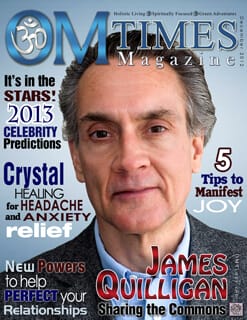Sharing the Commons: Humanity’s Collective Heritage

Meanwhile, the private sector and banks are rapidly swallowing up governments and bending national constitutions to their favor, decreasing the role of government and limiting our political rights as citizens. Voting and popular representation are becoming less meaningful because governments are pledged to support the interests of large corporations, not the people’s interests. The plan of the Market State is that government will have no duties other than national defense, protection of property, and the dismantling of barriers to business.
What’s on the horizon is political and economic totalism – not totalitarianism, but something entirely unique in history. It’s like the Roman Empire, but fully commercialized, computerized, weaponized and global. While I think that mass economic consolidation may be a stage in the evolutionary destiny of the planet, I also believe that the world’s people are equally impelled to organize as a countervailing superpower to put these raging market forces in check. I believe this is part of the Plan. The world’s people must create new political accountability structures to protect our shared resources and to restore the promise of freedom and equality that is rapidly fading from our lives.
Share International: Do you think capitalism and socialism have any role to play in a future based on sharing?
James Quilligan: Yes, but I don’t think that we will be conceiving of them in the same form that we now call capitalism and socialism. We don’t need more ideologies, more ‘isms’. The integrated economy of the future will be a balance of individual and collective incentives. Presently, we’ve gone to the extreme of emphasizing personal incentives, but both are necessary. It’s important to integrate capitalism and socialism through a new synthesis that includes but transcends them. I think that one of the catalysts that will unify them is Commons trusts.
On the other hand, there are natural, genetic and material commons, which tend to be depletable. These are the resources that are endangered if we don’t conserve them. (Of course, depletability depends on the particular resource and its supporting ecology. Many natural commons such as animals or trees may or may not regenerate themselves, while others such as stones or copper definitely do not.) Natural commons would include fisheries, agriculture, forests, wetlands, parks and gardens. There is a distinct category among the natural commons that we recognize as genetic commons: seeds, food crops, DNA and life-forms. And those are all different from material commons, which include rocks, technological hardware, buildings and atmosphere.
OMTimes Magazine is one of the leading on-line content providers of positivity, wellness and personal empowerment. OMTimes Magazine - Co-Creating a More Conscious Reality



